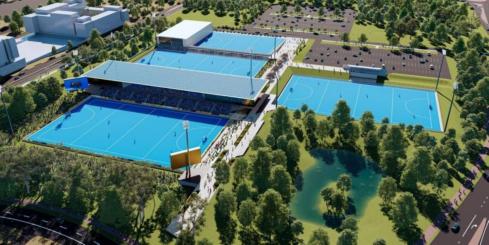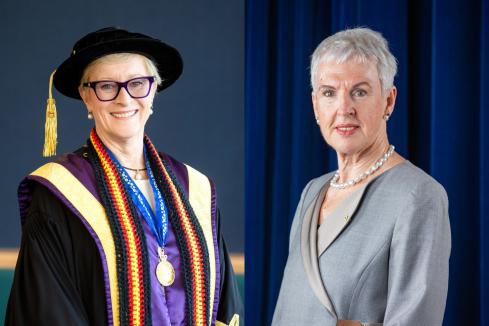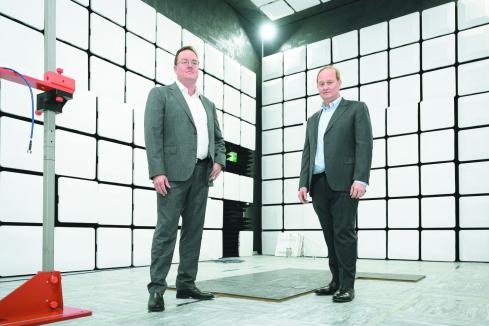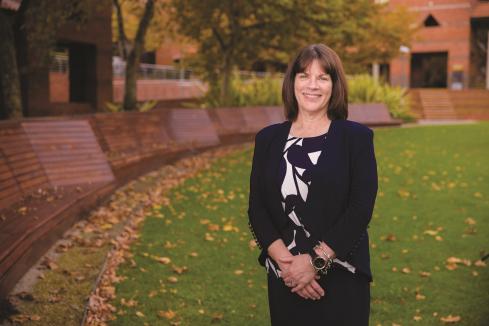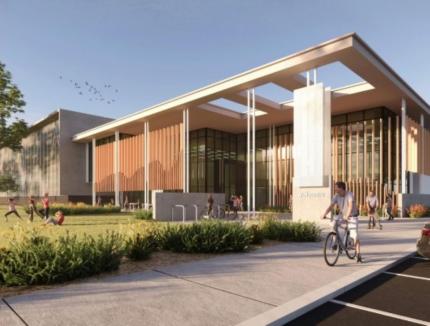Curtin University and a French research institute are sharing expertise across a range of disciplines related to the defence sector.

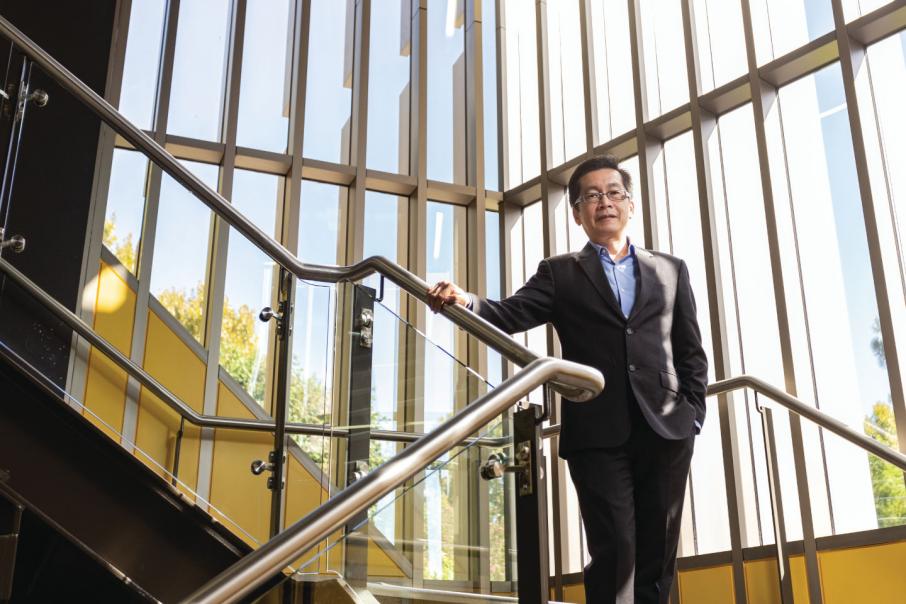
Curtin University and a French research institute are sharing expertise across a range of disciplines related to the defence sector.
Curtin University has strengthened its research relationship with France, announcing a new partnership focused on providing benefits to the defence industry of both countries.
Curtin announced last week that it would collaborate with respected French research institute ENSTA Bretagne (Ecole Nationale Superieure de Techniques Avancees) under a new partnership agreement.
Curtin and ENSTA Bretagne have an existing exchange program, but the new partnership will involve a cohort of Curtin PhD students spending up to a year undertaking research in France, and ENSTA Bretagne PhD students visiting Curtin.
This research will include the areas of artificial intelligence, the interaction between humans and machinery (human factors engineering), corrosion engineering, and marine acoustics.
Curtin University deputy vice-chancellor research Chris Moran said the collaboration was timely given the recent signing of a $50 billion agreement between the Australian government and French shipbuilding company Naval Group for the delivery of Australia’s future submarine program.
“The Curtin-ENSTA Bretagne collaboration builds on not just the government’s recent agreement, but with Curtin’s strategic partnerships with the government’s Defence Science and Technology Group and the Australian defence industry,” Professor Moran said.
“Curtin will benefit from the shared expertise and achievements of the visiting ENSTA Bretagne PhD students and researchers in what is a mutually enriching arrangement.”
ENSTA Bretagne director Pascal Pinot said the development of ongoing practical defence-related collaborations with Australian universities served to strengthen the countries’ historic bond.
“ENSTA Bretagne, a leading engineering school and research centre under the supervision of the French Defence Procurement Agency, has made Australia a privileged country for collaboration for several years,” Mr Pinot said.
“These relationships have intensified since the Naval Group contract was signed, making Curtin a partner of choice, especially for our doctoral students.
“Our fields of expertise are very close to those of Curtin and we are counting on this collaboration to further strengthen them.”
Curtin professor Tele Tan has been responsible for coordinating the collaboration over the past five years, telling Business News he led the push for Curtin to financially support the PhD scholarships.
“We have a longstanding relationship with ENSTA Bretagne … because we identified expertise in both institutions that are very similar, and also very complementary,” he said.
As part of the PhD partnership program, students recruited from ENSTA would receive 42 months’ support from Curtin, with a stipend of around $28,000 a year.
This would be reciprocated by financial support from the French institute, secured from industry.
“It’s very important to get industry involved in our research,” Professor Tan said.
“We want to pursue demand-driven research where we listen to what industry wants and tackle difficult problems, so they can improve their capability to support defence.”
He said Curtin was traditionally strong in defence-related research, helped by a strong marine science group focused on sonar work.
“We are also pretty good in our understanding of submarine operation, because we’re very close to Garden Island, which is currently housing the Australian Navy submarine fleet,” he said.
“The French side have huge expertise in sonar, signal processing, artificial intelligence and mechanical engineering, for example looking at materials for naval vessels and making it more resilient and anti-corrosive.”
Professor Tan said Western Australia was punching above its weight in defence research, particularly since the new submarines would operate from Garden Island.
This operational aspect was of paramount importance, he said, as it would determine the safety of the naval forces.
Optimising AI techniques would be a key area of the new research partnership, with Professor Tan noting that Curtin held expertise in the human factors engineering aspect of this.
There was currently very little understanding of this aspect and how AI could enhance human performance to increase vessel safety, he said.
Professor Tan suggested that further combining the defence expertise of France and WA would have major benefits.
“The Australian government has always been in the forefront of research in this area, and the new submarines being built will create opportunity, because there will be more advanced sensors and combat systems,” Professor Tan said.
“The configuration inside the submarines has not been finalised yet, so that’s where our elements of human factor research can help.”








